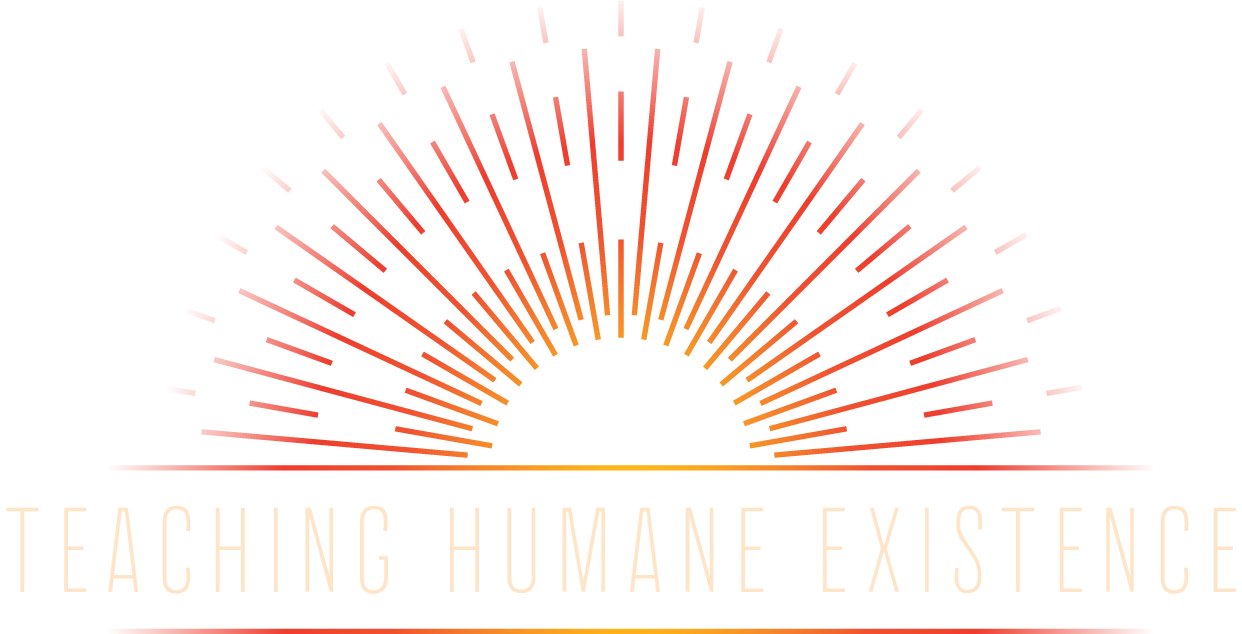New Peer Group
This unique peer-led group introduces new clients to T.H.E.’s sex offense-specific treatment program. Peers educate new clients on program rules and expectations, the Therapeutic Community (TC) model of treatment, and the importance of accountability. New clients also learn about the safety plan process and how to disclose offending behavior.
Family & Friends Program
Support systems are incredibly important to our clients’ success. The Family & Friends Program educates support people about the sex offense-specific treatment philosophy, T.H.E. program expectations, and how to support clients going through the change process. The Family & Friends Program also meets training requirements for support persons wishing to become Approved Community Support persons and/or Approved Supervisors supervising contact between our clients and minors.
T.H.E. operates a Shared Living Arrangement (SLA) housing system for clients presenting with higher community safety needs and stability concerns. Peers reside together to promote interdependence, accountability, and oversight in the residential and community settings. The SLA system is operated by the Life Management Association (LMA), a separate non-profit that acts as the property manager for the SLA locations. The LMA has rental agreements with landlords in the community, and residents pay their share of living expenses. Residence in the SLA is typically time-limited, and the T.H.E. clinical team determines which peers reside together. The SLAs offer an alternative to community corrections or incarceration.
The SLA system is also being utilized as a protective factor for DOC SOTMP client’s who lack housing resources with the goal of increasing protective factors.
Shared Living Arrangement (SLA)
The Female Sex Offense-Specific Treatment Program identifies and addresses risk and needs unique to the female population. Female clients learn how maladaptive psychological, emotional and relational processes relate to sexually harmful behavior. Group and individual therapy sessions focus on coping skill development, restructuring negative thought patterns, understanding unhealthy behavioral cycles, improving relationships, increasing self-esteem, and healthy sexual expression.
Female Program
The Anger Management group addresses the causes and manifestations of anger, offering management skills and techniques.
Anger Management
Group therapy offers clients the opportunity to share and process difficult experiences in a safe, supportive environment. Clients are encouraged to hold each other accountable and offer constructive feedback.
Group Therapy
Individual therapy provides participants with one-on-one engagement, education and encouragement, as well as strategies for change.
Individual Therapy
According to SOMB Standards and Guidelines, “The primary responsibility of the victim representative is to provide an avenue for victims and their families to be informed and heard. Involving a victim representative on the CST has many benefits, including improving supervision of the offender, increasing offender accountability, building empathy for the victim, decreasing offender secrecy, preventing an unbalanced alignment with the offender, and ensuring a safer community. The exchange of information between the victim, or the victim representative, and CST is crucial for the treatment of the offender and is often beneficial for the healing of the victim.”
Currently, T.H.E. utilizes the services of The Blue Bench on a monthly basis.
Victim Representative
Sex Offense-Specific/ Pre-Plea Psychosexual Evaluation
The purpose of a Sex Offense-Specific/Psychosexual Evaluation is to complete an assessment addressing any dynamics related to inappropriate sexual behavior, as well as identification of current risk level, management needs, and corresponding treatment needs specific to sex offending behaviors, and amenability to community-based treatment. If offense-specific treatment is recommended, the evaluation will suggest the use of research-informed treatment, management, and monitoring interventions that are appropriate for the risk level, needs, and responsivity. Such recommendations are intended to minimize the likelihood to sexually re-offend and will prioritize the physical and psychological safety of victims and potential victims. Evaluators have an ethical responsibility to conduct evaluations in a thorough and objective manner, and in accordance with the Sex Offender Management Board Standards and Guidelines, as well as current best practices, regardless of my status within the criminal justice system. This evaluation is not meant to serve as a comprehensive assessment of all adjunct treatment needs.
LOOK Assessment
The LOOK Assessment objectively analyze data collected from responses to visual stimuli to determine sexual interest and identify possible problematic sexual behavior.
Child Contact Screen (CCS)
The Child Contact Screen (CCS) is a tool to assist teams in decision making regarding a client’s contact with their own children. The CCS is an alternative to criteria established in section 5.700 of the Sex Offender Management Standards that details what required treatment accomplishments prior to a client having contact with their own child. A CCS has the potential to expedite a client’s ability to have contact with their own children prior to those treatment accomplishments occurring. This can occur when the client meets the criteria for the screening, results indicate contact is appropriate, and teams adopt those results.
We offer this evaluative services to other agencies.
Testing and Assessments
Mental Health Program
The Mental Health Sex Offense-Specific Treatment Program addresses SOMB core treatment objectives at a slower pace, incorporating mental health monitoring and support for mental health management. Clients in the Mental Health Program attend groups with a specific cohort and participate in individual sessions.
Peer-led groups are offered on the weekends at the SLA locations. The groups are free and do not have a clinical therapist present, allowing peers the peers space to engage in honest and meaningful discussion.

